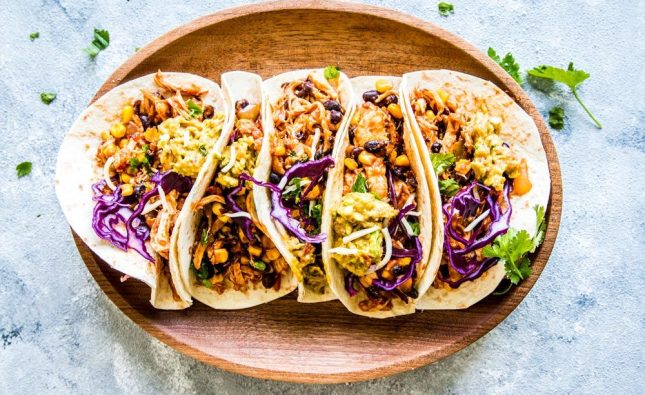
Introduction:
For many of us, the aroma of freshly baked cookies is simply irresistible. But there’s another aspect of baking that holds a special allure—the raw cookie dough. Whether you sneak a spoonful while making cookies or purposely indulge in a bowlful, raw cookie dough has become a guilty pleasure for many. However, health experts warn that this seemingly innocent indulgence may pose health risks. In this article, we explore the raw cookie dough predicament, weighing the pleasures against the potential hazards.
The Temptation of Raw Cookie Dough:
There’s something undeniably satisfying about the taste and texture of raw cookie dough. The creamy, buttery goodness combined with the sweet morsels of chocolate or the comforting warmth of vanilla creates a tempting treat. It’s no wonder that so many of us find it hard to resist the lure of raw dough.
Understanding the Risks:
Raw cookie dough can harbor harmful bacteria and pose various risks to our health. The primary concerns include:
- Raw Eggs: Traditional cookie dough recipes often contain raw eggs, which can be a source of Salmonella bacteria. Salmonella infection can lead to symptoms such as diarrhea, abdominal cramps, fever, and vomiting.
- Uncooked Flour: Raw flour can also harbor bacteria, such as E. coli. The manufacturing process may not eliminate all potential contaminants, making uncooked flour a possible source of foodborne illnesses.
- Other Ingredients: While raw eggs and flour are the main culprits, it’s important to remember that cookie dough may also contain other raw ingredients, such as uncooked butter or unprocessed sugars, which could carry additional risks.
The Health Perspective:
Health experts, including the Centers for Disease Control and Prevention (CDC), strongly advise against consuming raw cookie dough due to the risks involved. Bacterial contamination is a real concern, and the consequences can be severe, especially for vulnerable populations such as young children, pregnant women, and individuals with compromised immune systems.
Alternatives for Cookie Dough Enthusiasts:
Fortunately, there are ways to indulge in the flavors of cookie dough while minimizing the risks:
- Edible Cookie Dough: Many companies now offer edible cookie dough products that are specifically designed to be consumed raw. These products use heat-treated flour and pasteurized eggs or safe alternatives, ensuring they are free from harmful bacteria.
- Homemade Safe Recipes: Numerous recipes are available online for edible cookie dough that substitutes raw eggs and uses heat-treated flour. These recipes allow you to enjoy the taste of cookie dough without compromising your health.
- Baked Cookies: Of course, the safest way to enjoy the flavors of cookie dough is by baking the cookies. This eliminates the risks associated with raw ingredients, as the baking process kills any potential bacteria.
Promoting Food Safety:
Education and awareness play a vital role in promoting food safety and reducing the consumption of raw cookie dough. Parents, teachers, and food professionals can educate children and young adults about the risks associated with consuming uncooked dough, emphasizing the importance of proper food handling and cooking techniques.
Conclusion:
The raw cookie dough predicament presents us with a choice—indulge in a guilty pleasure or prioritize our health. While the allure of raw dough is undeniable, it’s essential to recognize and understand the potential risks involved. By opting for safer alternatives such as edible cookie dough or enjoying baked cookies, we can savor the flavors we love while minimizing the health hazards. Let’s make informed choices, promote food safety, and strike a balance between indulgence and well-being in our culinary adventures.










